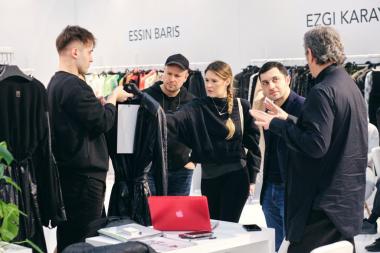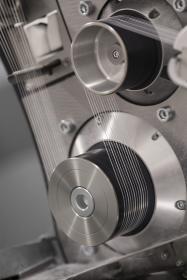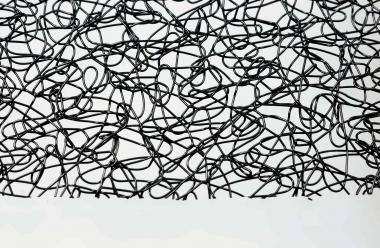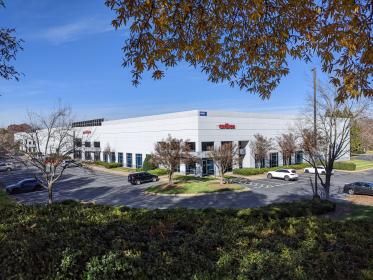Successful third edition of Istanbul Fashion Connection
The third edition of IFCO Istanbul Fashion Connection took place from 8 to 11 February 2023. At the largest IFCO to date, 588 exhibitors in a total of 9 halls at the Istanbul Expo Center met more than 10,000 international trade visitors from 134 countries such as Brazil, Canada, Chile, Colombia, Germany, Malaysia, Mexico, Nigeria, Panama, Saudi Arabia, South Africa, South Korea, Thailand, UK, United Arab Emirates. 45% of the visitors were from 134 countries and 55% of visitors were domestic. The largest group of foreign visitors came from Asia (33%), Middle East (33%), Europe (19%) and Africa (13%).
Divided into clear cut exhibition segments on a total of 100,000 sqm of exhibition space brands and manufacturers showed the latest collections from the areas of womenswear, menswear, kidswear, denim, sportswear, evening and weddingwear, lingerie, hosiery, leather & furs.
In the new high-quality designer area The CORE İSTANBUL, internationally renowned designers from Istanbul Fashion Week presented their exciting and creative designs.
“The Core is the premier platform that connects local fashion designers with the international fashion market. Our mission is to showcase the work of Istanbul´s talented designers who are dedicated to creating unique and innovative fashion designs while embracing conscious and sustainable practices.”, says Günes Güner, curator of The Core.
Even more design power was on display at the KOZA Design Competition for young fashion creators. IMA Istanbul Moda Akademisi was responsible for the design of the IMA LAB trend zone at IFCO. In the creative space, the trends and themes of the coming season were taken up and presented in a visually elaborate way. Euphoric Recall encompasses colourful, playful 70's vibes, Metasphere describes the return of glitter and metallic with a futuristic touch. The New Gen area featured pieces by up-and-coming designers of the next generation.
In two separate halls, LinExpo gave an overview of lingerie and hosiery. As a part of IFCO 145 manufacturers presented themselves here.
A large selection of high-quality bridal and evening dresses and suits were shown in the FashionIST area.
In the IFCO Sourcing area, especially designed for production, trade visitors networked directly with international production companies such as Bozkurt, Bilce Tekstil, Gelişim, Karar, Cemsel, Bozpa, Demezoğlu, Zevigas and more.
The next IFCO is scheduled from August 9 to 11, 2023.
IFCO





























